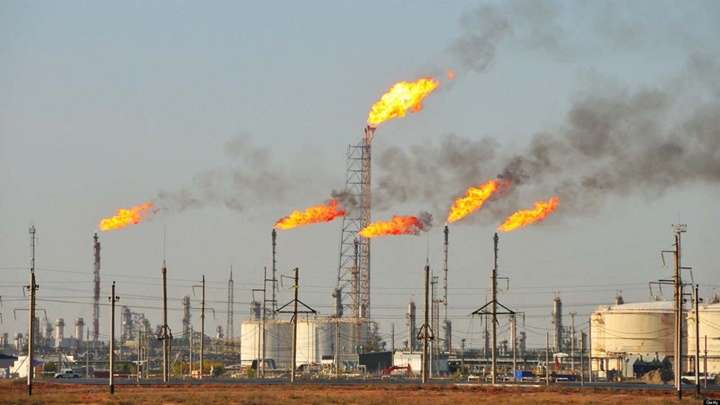The U.S. Department of Energy (DOE) has announced the resumption of liquefied natural gas (LNG) export permits, reversing a controversial decision by the Biden administration that had temporarily halted new approvals.
The move follows the conclusion of a comprehensive environmental and economic impact assessment that began in 2023 and included a formal public comment period.
Following the review process, the DoE concluded that expanding LNG exports is in the national interest. According to the Department, the United States has ample natural gas supply to support growing exports without significantly raising domestic prices.
“Growing LNG exports increase our gross domestic product, expand jobs, and improve our trade balance.
“Increasing U.S. LNG exports enhances domestic and international global security with no discernable impact on global greenhouse gas emissions.”
U.S. Department of Energy (DOE)

The restart of LNG export permits comes under the leadership of the Trump administration, which has prioritized expanding domestic energy production and exports as central to its economic and foreign policy strategy.
Chris Wright, U.S. Energy Secretary, echoed this sentiment, stating, “President Trump was given a mandate to unleash American energy dominance, and that includes U.S. LNG exports.”
“The facts are clear: expanding America’s LNG exports is good for Americans and good for the world.
“Today, the Department of Energy is following the facts, closing the door on the Biden administration’s failed policies, and putting America’s energy future on stronger footing.”
Chris Wright, U.S. Energy Secretary
The move is expected to benefit major U.S. energy companies, LNG developers, and allied nations relying on American gas supplies amid ongoing global energy instability.
Industry Reactions

The industry has largely welcomed the policy reversal. Trade groups and energy executives argue that LNG exports play a crucial role in reducing dependence on more carbon-intensive fuels globally, while also helping U.S. allies diversify their energy sources.
Tala Goudarzi, Principal Deputy Assistant Secretary of the Office of Fossil Energy and Carbon Management, emphasized the broader strategic value of LNG. “The 2024 Study confirms what our nation always knew—LNG supports our economy, strengthens our allies, and enhances national security,” Goudarzi said.
“Biden’s opposition defied reason and reality and hurt American progress.
“We are pleased to issue the Response to Comments on the 2024 LNG Export Study, which will allow DOE to close out this chapter and fully return to regular order on LNG exports.”
Tala Goudarzi, Principal Deputy Assistant Secretary of the Office of Fossil Energy and Carbon Management
While the Department’s report suggested negligible impact on global greenhouse gas emissions, environmental groups remain critical.
Environmental advocates argue that LNG production, transportation, and eventual combustion still contribute to climate change and could undermine efforts to meet international climate goals.

However, the DoE contended that global LNG markets are essential for helping countries transition from more polluting fuels like coal.
The report highlighted that LNG could act as a transitional fuel in regions lacking access to reliable renewable energy infrastructure.
The resumption of LNG export approvals is expected to play a key role in enhancing U.S. leverage in global energy markets.
With geopolitical tensions continuing to disrupt traditional supply chains, U.S. LNG offers an alternative for Europe and Asia as they seek to reduce dependency on Russian and Middle Eastern supplies.
Moreover, the policy shift underscores the Trump administration’s broader focus on reasserting energy as a tool of diplomacy and economic strength.
With global demand for LNG rising, the United States is positioning itself as a major player in international energy markets.
How this policy change will affect domestic and global energy landscapes remains to be seen, but it is clear that LNG exports will continue to be a critical factor in America’s energy policies.
READ ALSO: Cedi Gains Not Enough for Recovery – IERPP Boss Warns Against Overreliance on Global Trends




















